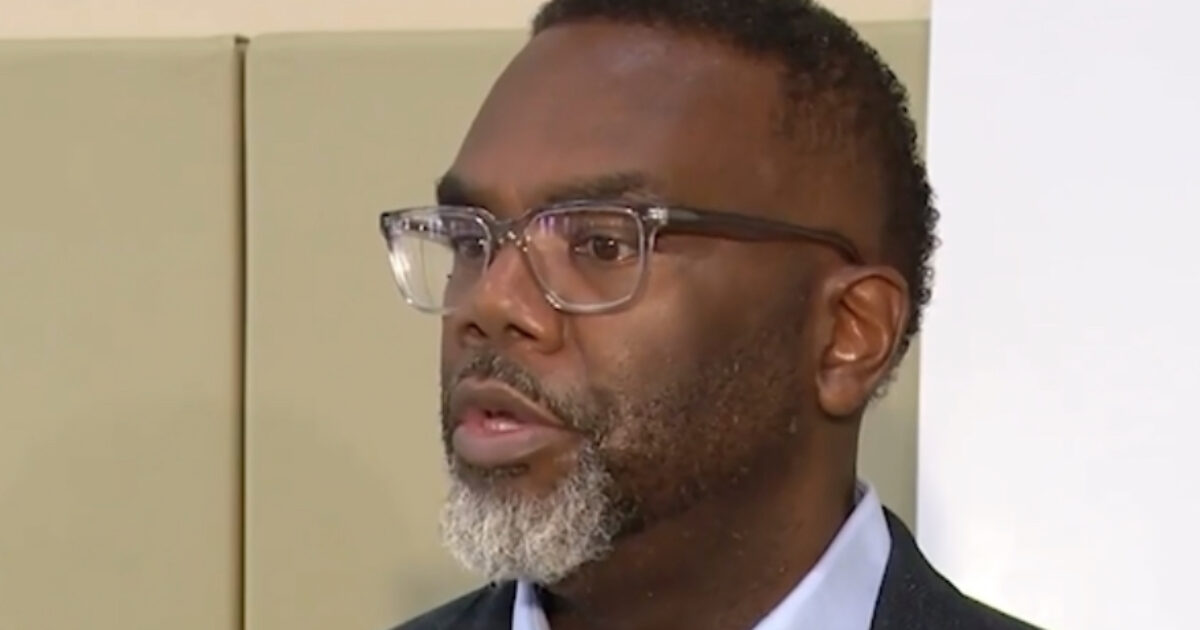A quiet storm is brewing within the halls of Congress. Speaker Mike Johnson is signaling a willingness to reshape the rules governing how lawmakers discipline one another, specifically regarding censure resolutions – a move born from growing frustration on both sides of the aisle.
The recent return from a period of government shutdown was anything but smooth. A flurry of attempts to rebuke colleagues consumed the legislative week, with five threats to force votes on censure resolutions actually materializing into three separate actions. This surge in internal conflict has sparked widespread discontent.
Johnson described a “groundswell” of concern among members, expressing that the current system has become deeply problematic. He admitted to being “more frustrated than anyone” with the escalating use of censure, emphasizing a need to “protect the institution” from being diminished by partisan battles.
The core of the proposed change centers on raising the bar for initiating a censure. Currently, a single lawmaker holds the power to introduce a resolution against another. Discussions are underway to require a broader consensus, a small group of members, before such a vote can be triggered.
The goal isn’t to eliminate the censure as a tool, but to restore its significance. Johnson believes a higher threshold would transform it into a “more meaningful and useful tool,” preventing its misuse as a weapon in petty political squabbles. A consensus on the exact changes, however, remains elusive.
While Johnson hasn’t committed to a full House vote on rule changes, he acknowledged the widespread nature of the conversation. The vast majority of members are actively discussing potential solutions, signaling a genuine desire for reform.
Reports suggesting Johnson was considering changes to discharge petitions – another mechanism for lawmakers to challenge leadership – were quickly dismissed. He stated that altering this process hasn’t even been part of the ongoing discussions.
Discharge petitions, recently used to compel the release of Jeffrey Epstein files, allow a majority of the House to force a vote on a measure despite leadership’s opposition. Johnson, despite initial reservations about the Epstein bill’s language, ultimately voted in favor of its passage.
The shift in focus remains squarely on censure resolutions. Traditionally reserved for severe breaches of decorum, censures have become increasingly common in the current political climate. This escalating frequency is precisely what Johnson seeks to address.
The Speaker’s willingness to consider these changes reflects a growing recognition that the current system is unsustainable. The future of internal discipline within the House hangs in the balance, as lawmakers grapple with how to restore order and preserve the integrity of the institution.






